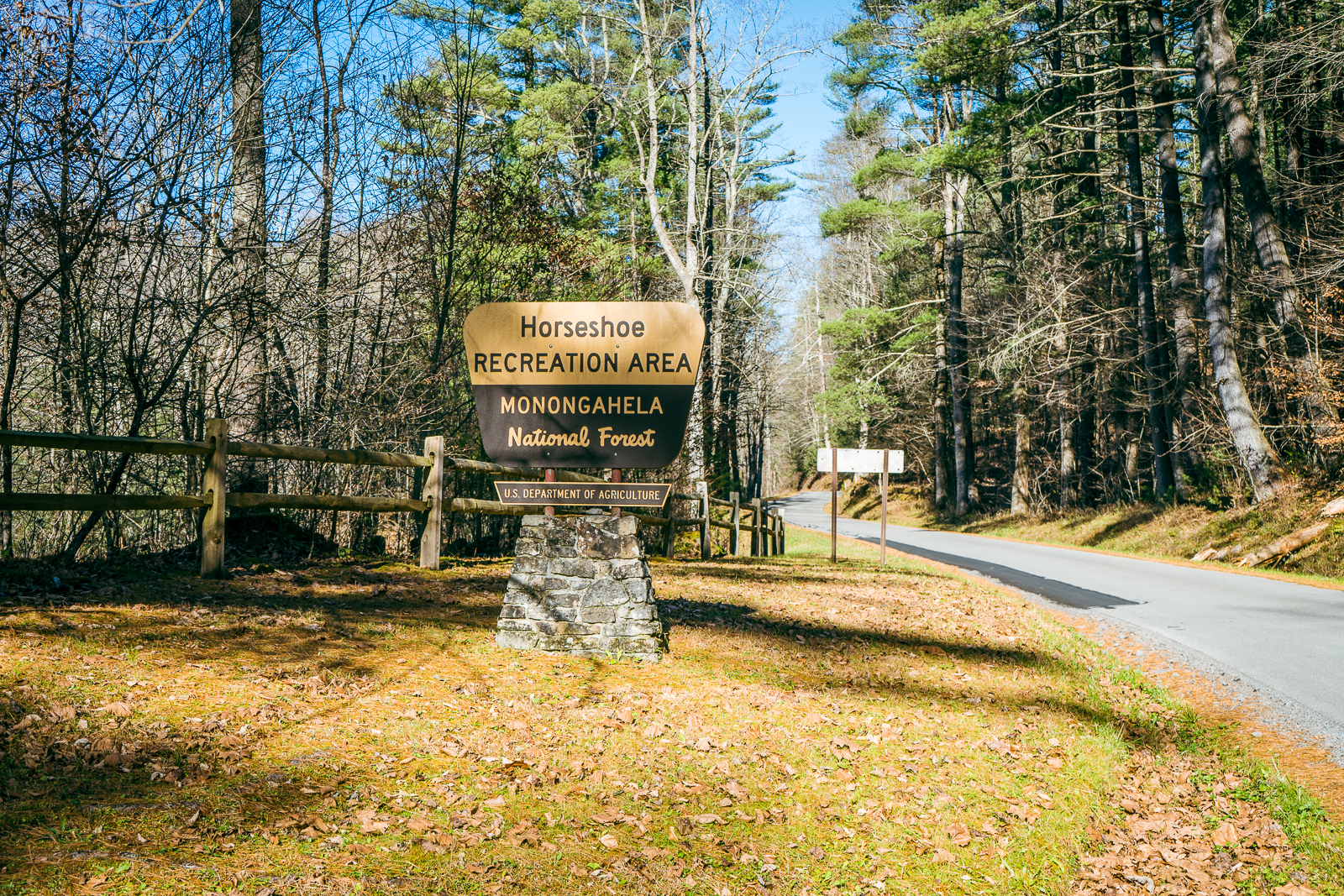By Olivia Miller
A project proposed by the United States Forest Service to clear cut 3,458 acres of older-growth forest stands in sections of the Monongahela National Forest in Tucker and Preston Counties, referred to as the Upper Cheat River Project, has raised concerns with citizens of the local community and West Virginia conservation groups in recent months.
The 86,138-acre project area is a biodiversity hotspot with 148 miles of native Brook Trout streams, several endangered bat species, including the Northern Long-Eared Bat, Virginia Big-eared Bat and the Indiana Bat, as well as the WV Northern Flying Squirrel and Hellbender—all of which are iconic to WV and some of which are federally protected.
To date, the Forest Service has already clear cut 2,206 acres within the project area. The additional acreage will encompass 2,442 acres of trees over 100 years old and 782 acres of trees over 120 years old.
According to US Forest Service documents, the purpose of the proposed Upper Cheat River Project is to improve forest health and age class diversity, improve wildlife and fish habitat, restore soils and riparian corridors, and provide a network of sustainable roads. The project proposal includes a variety of management activities to achieve the goals, objectives and desired future conditions of the 2006 Monongahela National Forest Land and Resource Management Plan.
However, comments received by the Forest Service during the project scoping and environmental assessment review process raised questions about the ability of the proposed actions to achieve the stated purpose.
The Forest Service’s environmental assessment also revealed that the net revenue for the government under the proposed project is a loss of 1.4 million dollars.
On Sept. 16 a group of 48 people living within the project area known as the Horseshoe Community filed an objection letter with the Forest Service, citing concerns over increased flooding in the project area in recent years, impacts of herbicides on drinking water, uncontrolled invasive species spreading from Forest Service lands, fire hazards, protection of heritage trees and wasting of timber resources. The Friends of Blackwater also filed an objection.
The WV Highlands Conservancy, Friends of the Cheat, Friends of Blackwater and Center for Biological Diversity, The Nature Conservancy, and the Horseshoe Community all provided comments during the public comment period. Within the letters, WV conservation groups raised concerns over threats to rare and endangered species, loss of carbon storage in standing timber, above and below ground, and amount of carbon emissions during harvest.
Within the comments supplied to the Forest Service by the WV Highlands Conservancy, the Public Lands Committee urged the Forest Service to reconsider proposed harvests of stands over 120 years old, as old forests constitute important reservoirs of stored carbon that are critical for mitigating the ongoing acceleration of climate change.
A Facebook group following the progress of the project, Speak For The Trees Too, was created in April 2022 and has 176 followers, and an online petition opposing the project currently has 400 signatures.
Friends of Blackwater, the Sierra Club and others have organized a rally scheduled for Monday, Nov. 14 at 1 p.m. outside of the Forest Service Building in Elkins to oppose the project.

